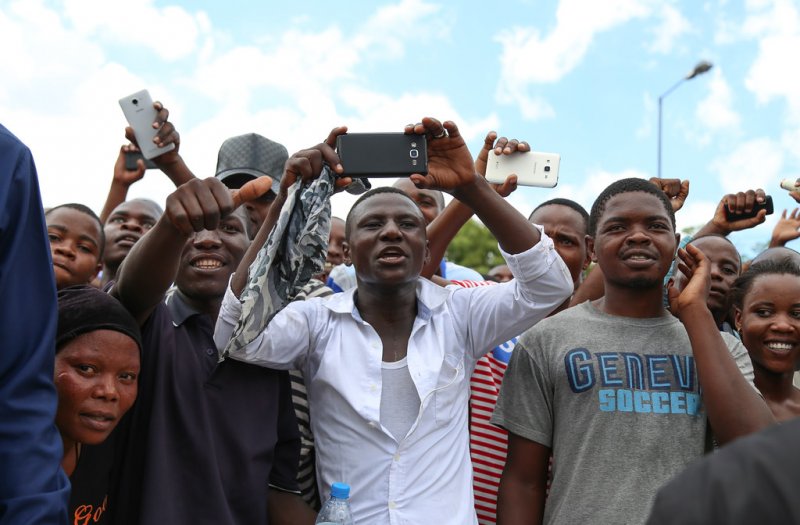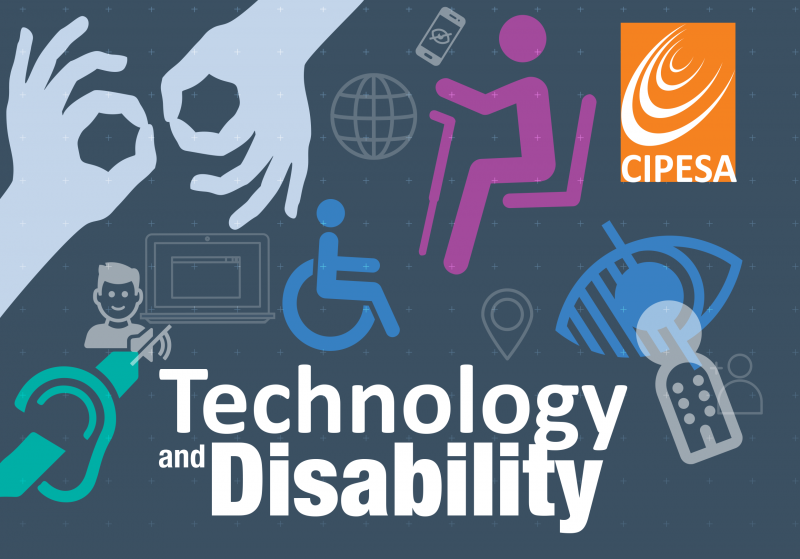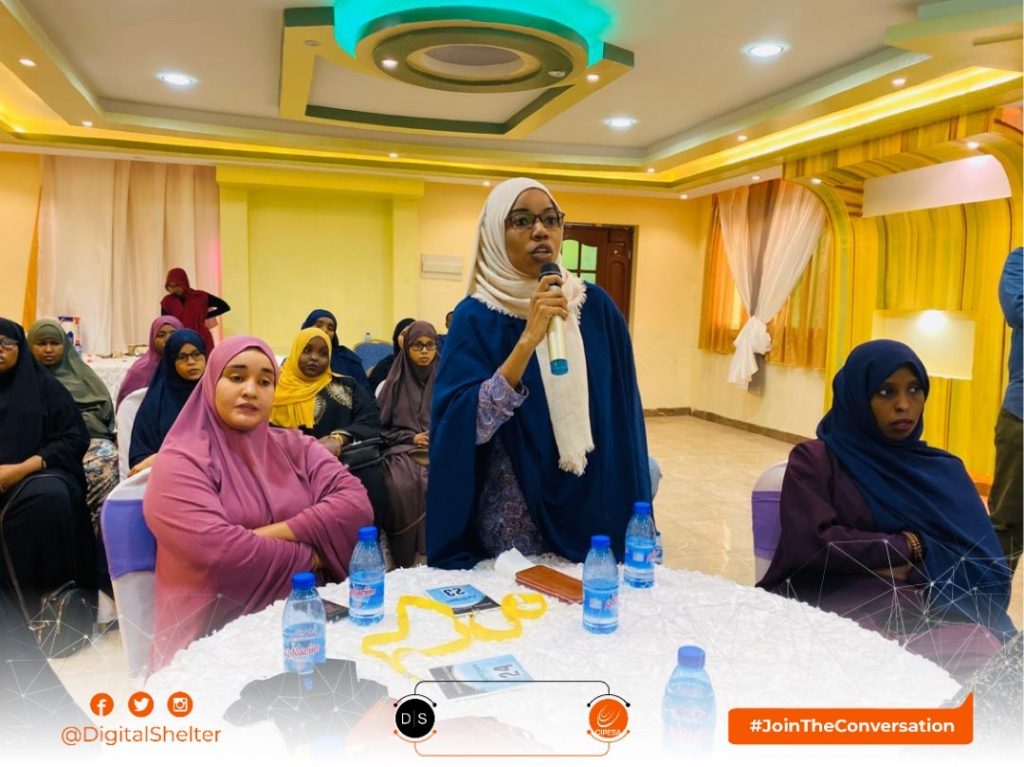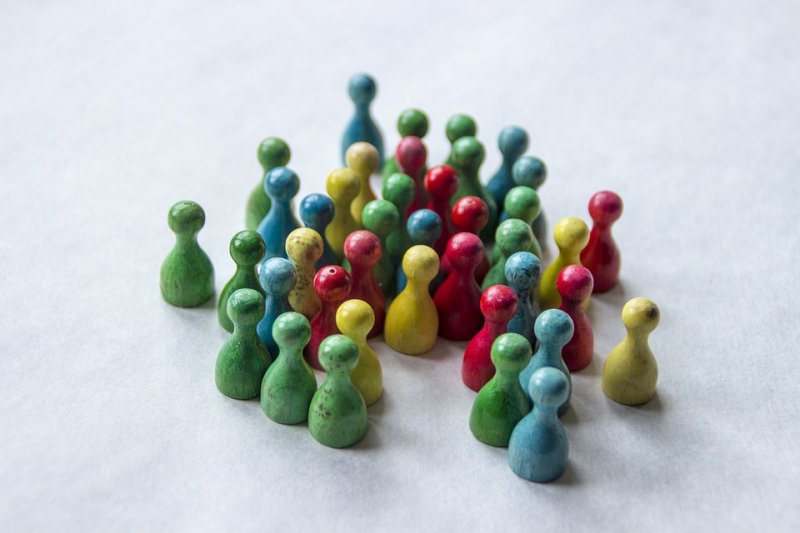By Edrine Wanyama |
On July 17, 2020, the Tanzania government issued new Electronic and Postal Communications (Online Content) Regulations, 2020 that apply to online content production, hosting and dissemination. The regulations entrench the licencing and taxation of bloggers, online discussion forums, radio and television webcasters, and repress online speech, privacy and access to information.
The passage of the new regulations raises concerns over free speech and access to information as they come into force barely three months before Tanzania holds presidential elections on October 28, 2020, a period when civic engagement and transparency and accountability in governance requires access to a range of information and viewpoints. The regulations also come amidst Covid-19 denialism by President Pombe Magufuli’s government, which has denied citizens access to vital information and undermined efforts to contain the spread of the virus in the east African country.
Tanzania has been widely criticised for its lacklustre response to the Covid-19 pandemic, yet the regulations aim to further stifle access to health information by prohibiting the publication of “content with information with regards to the outbreak of a deadly or contagious disease in the country or elsewhere without the approval of the respective authorities.”
Earlier this year, the communications regulator, Tanzania Communications Regulatory Authority (TCRA), banned the independent Mwananchi newspaper from publishing online for six months, after accusing it of carrying a false and misleading news report on Covid-19. At the time, TCRA said the publisher had flouted the much-criticised Electronic and Postal Communications (EPOCA) (Online Content) Regulations, 2018, which have been replaced by the new regulations. On July 9, 2020, the TCRA suspended the independent Kwanza Online TV for 11 months, over a report on its Instagram account that cited a health alert issued by the United States embassy in Tanzania, on the Covid-19 situation in the country.
In July 2020, United Nations experts noted that Covid-19 had compounded pre-existing human rights concerns in Tanzania, notably regarding the right to freedom of expression, including freedom to seek, receive and impart information. They added that Tanzania’s government was not meeting its commitments on information sharing and transparency after it stopped releasing statistics on Covid-19 cases at the end of April, and President Magufuli declared the country virus-free in early June.
The new regulations require online content service providers, internet service providers, and application services licensees to pay exorbitant fees for licensing and renewal of licences. Providers of “online content service”, described as “content broadcasting to the public through internet websites, application software, forums, blogs, weblogs, microblogs, public account, instant messaging tools, online live streaming, aggregators and other related platforms”, pay an application fee of Tanzania Shillings (TZS) 100,000 (USD 44); initial licence fee of USD 440 or USD 220; annual licence fee of USD 440 or USD 220; and a licence renewal fee of USD 440 or USD 220. The higher fees are to be paid by providers of “news and current affairs”; the lower ones by providers of entertainment, educational or religious content.
Radio and television operators that stream content online will pay USD 22 in application fees, USD 88 for the initial license, another USD 88 in annual licence fees, and USD 88 in licence renewal fees. The duration of all licences is three years.
Similar measures have previously been adopted to gag online content providers including broadcasters and bloggers during elections as was in the Broadcasting Services (Content) (The Political Party Elections Broadcasts) Code 2015.
The new regulations introduce a problematic definition of “news related content”, namely “online news information gathering, compiling, editing, publication and broadcasting in a manner similar or that bears a resemblance to traditional media services provision.” This essentially covers all information provided online. Similarly, the definition of an “online forum” has been expanded compared to that in the 2018 regulations, to cover every possible online fora and “online platforms”. These definitions are so vague that their application is potentially boundless in scope. With the past experiences of crackdown on media houses and journalists in Tanzania, these definitions appear to be calculated to target individuals and organisations such as Jamii Forums that champion free expression.
The new regulations raise the requirements for applicants, as well as the obligations of licensees, which could have a chilling effect on digital rights. Under regulation 6(2), applicants must provide certified copies of the certificate of registration, tax identification number, tax clearance certificate (for companies or non-government organisations) and national identity card. Furthermore, the applicant must provide a list of owners and the management team, editorial guidelines (if applying to provide “news and current affairs”) and technical description of facilities to be used. Moreover, under regulation 6(i), the TCRA may require additional documents.
The regulations expand the obligations of online content service providers and, under regulation 9(g), require licensees to remove prohibited content immediately upon being ordered by TCRA. This does not provide room for verification or the right to be heard before removal is effected. Further regulation 9(h) and regulation 14 hold the licensee accountable for all information published. This imposes a heavy burden on licensees, including bloggers with no journalistic skills or resources to verify all information before publication, which curtails freedom of expression and denies citizens access to a variety of information. Moreover, for some unexplained reason, regulation 10 bars radio and television stations that hold district or regional license from live streaming content.
Some provisions potentially violate the right to privacy and undermine free expression. The requirement to install cameras in internet cafes and to store images recorded for 12 months has been retained under regulation 13. Further, the requirement to assign static public Internet Protocol (IP) addresses to computers in cafes would discourage usage of circumvention tools, such as Virtual Private Networks (VPN), which enable users to bypass network restrictions and to enhance their anonymity.
Furthermore, regulation 6 in as far it requires attachment of a tax identification number certificate, national identity card of the applicant and curriculum vitae, as well as academic qualifications of staff in regulation 12 (b), exposes private data. In the absence of a law on data protection and privacy in Tanzania, there is no guarantee that individuals’ data will be safeguarded against unauthorised access and disclosure.
The new regulations expand the list of prohibited content to a wide and ambiguous scope that fails to meet the internationally acceptable limitations to freedom of expression. For instance, while para.2 of the Third Schedule protects personal privacy and human dignity, it renders a publisher liable for slander and defamation even where the published information is true. This ignores the widely acceptable defence of truth to defamation. Moreover, it is increasingly recommended globally that defamation should be decriminalised.
Furthermore, para.3 prohibits publication of information on public security, violence and national security, including undefined “news, statements or rumors for the purpose of ridicule, abuse or harming the reputation, prestige or status of Tanzania or its national anthem, symbols and logos.” This prohibition is contrary to freedom of expression guarantees provided for under article 8 of the Constitution of Tanzania. The prohibition of publication of information on demonstrations and marches potentially inhibits freedom of assembly and association, which are also guaranteed by article 20 Tanzania’s Constitution.
Failure by the regulations to clearly define prohibited information, such as that considered a threat to national security or public order in paras. 3(d) and (h), to the national currency or the national economy in para.3(f), or information relating to terrorist attacks, droughts, weather forecasts or occurrence of natural calamities para.8(b), could be used by advantaged authorities to wantonly punish critics of government and its leaders.
Regulation 21 introduces a general penalty for breaching the regulations where no specific punishment has been prescribed: a fine of not less than USD 2,200 or imprisonment for a term of not less than 12 months, or both.
In their current state the regulations will further narrow the already shrinking space for digital rights and freedoms in Tanzania, as they will muzzle freedom of expression, access to information, and individual privacy. Such freedoms are particularly important in times of elections and a pandemic. The government should therefore consider repealing or amending the EPOCA (Online Content) Regulations, 2020 so that they progressively promote the enjoyment of digital rights and freedoms.






 Highlighting the issue of online violence against women was Sucdi Dahir Diriye, a passionate community volunteer and member of
Highlighting the issue of online violence against women was Sucdi Dahir Diriye, a passionate community volunteer and member of  Based on their personal and professional experiences, the panelists stressed the need for counter measures against the prevailing threats. Among the recommendations made was increased digital security skills and knowledge building among activists, bloggers and media professionals. Specialized training on gendered online harassment was encouraged. Panelists also emphasized a dual approach in voice amplification – online and offline to reach wider audiences. Furthermore, more stakeholder dialogue to raise awareness on online civic space and digital rights, including data protection and privacy inline with Somalia’s growing technology sector. Other recommendations included research undertakings on current digital threats in Somalia, to inform advocacy and policy interventions; and establishment of a solidarity network to support victims of online attacks.
Based on their personal and professional experiences, the panelists stressed the need for counter measures against the prevailing threats. Among the recommendations made was increased digital security skills and knowledge building among activists, bloggers and media professionals. Specialized training on gendered online harassment was encouraged. Panelists also emphasized a dual approach in voice amplification – online and offline to reach wider audiences. Furthermore, more stakeholder dialogue to raise awareness on online civic space and digital rights, including data protection and privacy inline with Somalia’s growing technology sector. Other recommendations included research undertakings on current digital threats in Somalia, to inform advocacy and policy interventions; and establishment of a solidarity network to support victims of online attacks.

